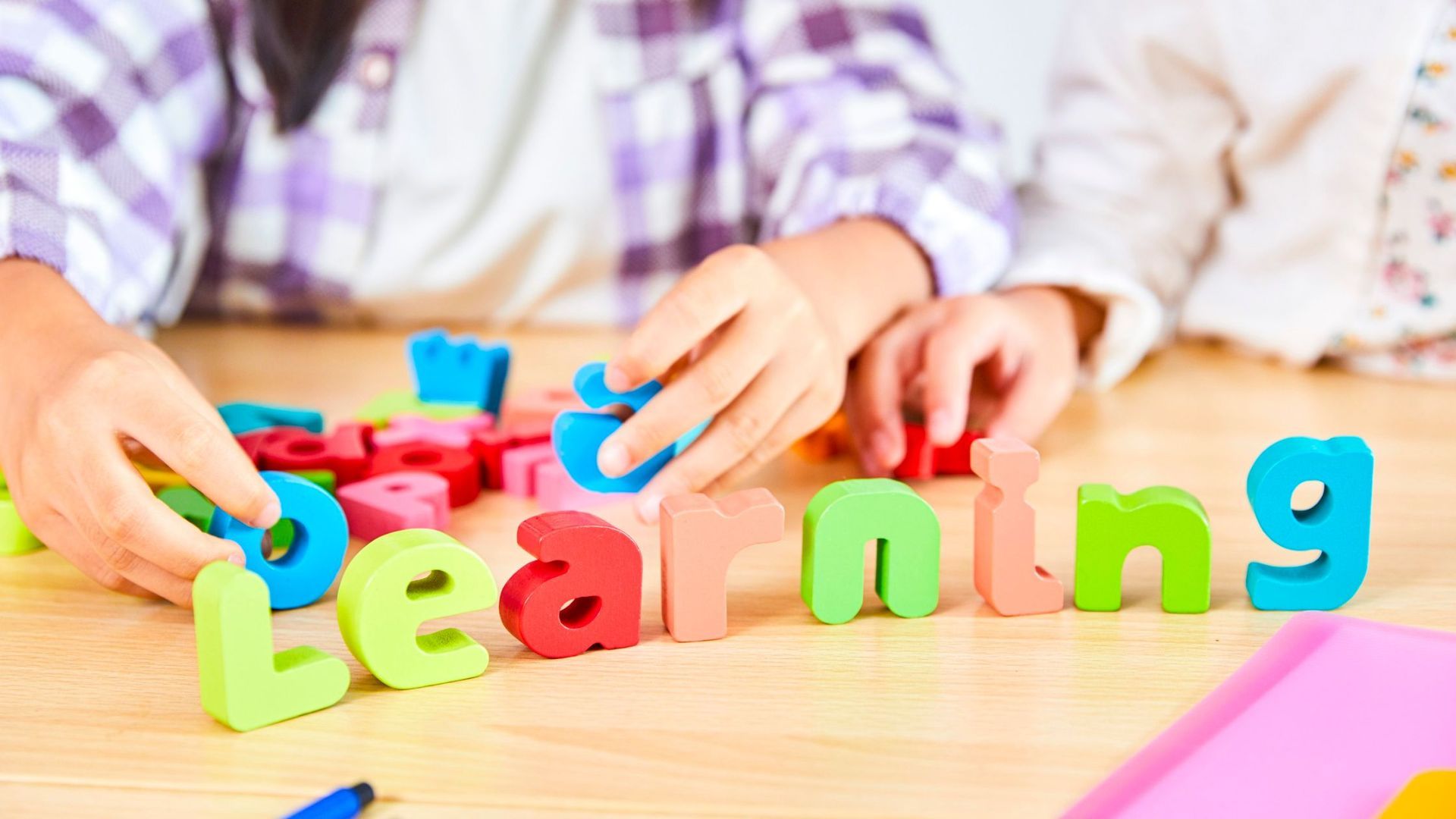How to Foster a Love of Reading in Young Children

Reading is one of the most valuable skills a child can develop, and fostering a love of books at an early age sets the foundation for lifelong learning. Encouraging young children to embrace reading enhances their language skills, imagination, and cognitive development. Here’s how parents and educators can create an environment that nurtures a deep love for reading.
Create a Reading-Friendly Environment
A child’s surroundings play a crucial role in their attitude toward reading. Having a cozy, well-lit reading nook filled with age-appropriate books makes reading an inviting activity. Rotate books regularly to maintain excitement and curiosity.
Keep books easily accessible so that children can explore them independently. Picture books, board books, and interactive stories help capture their interest and encourage engagement.
Make Reading a Daily Habit
Consistency is key when instilling a love for reading. Set aside dedicated reading time each day, whether it’s before bedtime, during breakfast, or after school. Making reading a routine reinforces its importance and helps children associate it with comfort and joy.
Reading aloud daily, even to infants, strengthens language acquisition and builds listening skills. As children grow, encourage them to read along or take turns telling stories.
Engage in Interactive Storytelling
Bringing stories to life makes reading more enjoyable. Use animated voices, facial expressions, and gestures to make characters more engaging. Encourage children to predict what happens next, ask questions, and relate the story to their own experiences.
Interactive books with flaps, textures, or sound elements add another layer of excitement to the reading experience, keeping young readers engaged and curious.
Let Children Choose Their Books
Allowing children to select their own books fosters a sense of independence and interest in reading. Whether it’s about dinosaurs, princesses, or trucks, following their passions ensures they stay engaged.
Taking children to the library or bookstore regularly exposes them to a variety of books, allowing them to explore different genres and discover new interests.
Lead by Example
Children imitate what they see. When they observe parents and caregivers enjoying books, they’re more likely to develop a positive attitude toward reading. Set an example by reading in their presence and sharing your enthusiasm for books.
Discuss what you’re reading and express excitement about new stories, fostering a culture of literacy within the home.
Incorporate Reading into Daily Activities
Reading doesn’t have to be confined to books alone. Encourage children to read grocery lists, menus, street signs, and labels. Incorporating literacy into everyday experiences reinforces the practical benefits of reading and keeps learning continuous.
Word games, storytelling apps, and audiobooks provide alternative ways to engage children in reading while making it a fun and interactive experience.
Use Positive Reinforcement
Praising a child’s reading efforts builds confidence and motivation. Celebrate milestones, such as finishing a book or recognizing new words, with encouragement and small rewards like stickers or extra storytime.
Avoid turning reading into a chore or pressure-filled task. Focus on making it a pleasurable experience rather than a strict educational requirement.
Introduce Different Reading Materials
Variety keeps reading exciting. Incorporate books of different formats, including picture books, poetry, magazines, graphic novels, and even audiobooks. Exposing children to various styles and genres prevents monotony and caters to different reading preferences.
Nonfiction books about nature, space, or animals can spark curiosity and encourage learning beyond storytelling.
Connect Stories to Real Life
Relating books to real-life experiences enhances comprehension and makes reading more meaningful. If a child reads about farm animals, plan a visit to a petting zoo. Reading a book about the seasons? Go outside and observe nature changes together.
Encouraging discussions about stories and characters helps children develop critical thinking skills and personal connections with books.
Reading together not only builds language skills but also strengthens a child's ability to connect with others, fostering essential social skills like empathy and communication. Explore more ways to nurture social skills in young children.
Just like storytelling, music is a powerful tool that enhances a child's cognitive and emotional development, making learning more engaging and enjoyable. Discover how music supports early childhood learning.
Conclusion
Fostering a love of reading in young children lays the groundwork for academic success, creativity, and a lifelong appreciation for books. By creating a literacy-rich environment, engaging in storytelling, and making reading an enjoyable and interactive experience, parents and educators can inspire children to become enthusiastic readers.
With the right encouragement and exposure, every child can develop a passion for books that lasts a lifetime.










